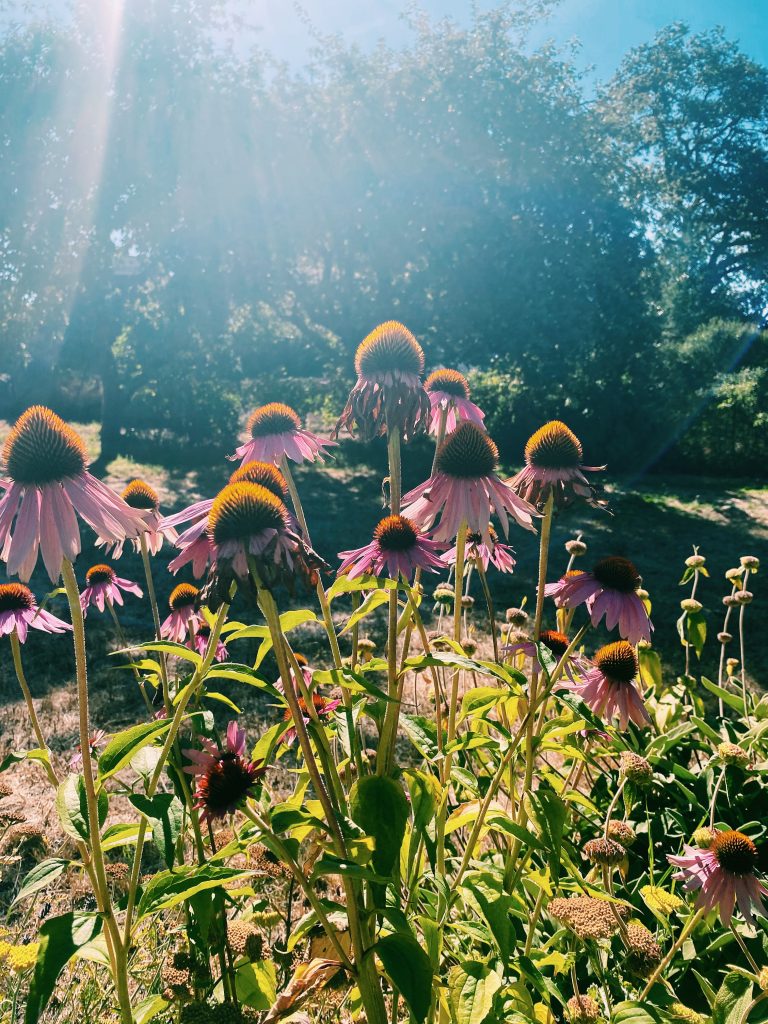
National Day of Truth & Reconciliation
LifeCycles will be closed September 30
Content Warning: Colonial violence
On September 30, we will be closed to observe the National Day of Truth & Reconciliation. Our observation of this day is intended to hold space for the survivors of Canada’s residential school system and recognize the huge loss of those who did not come home. This is a day to reflect on the ongoing harm caused by colonialism. It’s imperative that we spend time learning about Canada’s destructive legacy and unlearning anti-Indigenous racism. On this day and other days, we will be reflecting on what it means to repatriate the land and dismantle colonialism.
Part of our commitment to reconciliation is speaking truth to Canada’s history of cultural genocide. This country is haunted by those who were taken and did not return home. From the uncovering of thousands of unmarked graves at residential “schools” this past summer to the hundreds of Missing and Murdered Indigenous Women and Girls across our country. From the lives that have wrongfully been taken at the hands of police to the people who have been marginalized and mistreated by our racist systems.
This harm is not something held in Canada’s past. It is ongoing and ever present. Our healthcare and legal systems actively oppress and harm Indigenous people. Dozens of reserves are without clean drinking water and the Canadian government has yet to deliver safe drinking water to these communities (the Indian Act bans Indigenous communities from funding and managing their own water systems). Over half of Indigenous families report being food insecure – a direct result of the push to move away from food sovereign systems towards an unsustainable industrial food system.
This National Day of Truth & Reconciliation is just one of the 94 Calls to Action from the Truth and Reconciliation Report released in 2015. According to the Beyond 94 website, 13 Calls to Action have been completed, 29 are in progress with projects underway, 32 are in progress with projects proposed, and 20 have yet to be started (as of September 9th, 2021).
While we recognize the progress made on achieving these 94 Calls to Action, we also understand that reconciliation is not a box that can be checked. It is an ongoing process. And we have a long, long way to go.
September 30 is a day for us to learn. We will be taking this time to continue to educate ourselves, think critically about unconscious biases, and unlearn anti-Indigenous racism.
Resources:
Beyond 94
National Centre for Truth and Reconciliation – Reports
Native Women’s Association of Canada